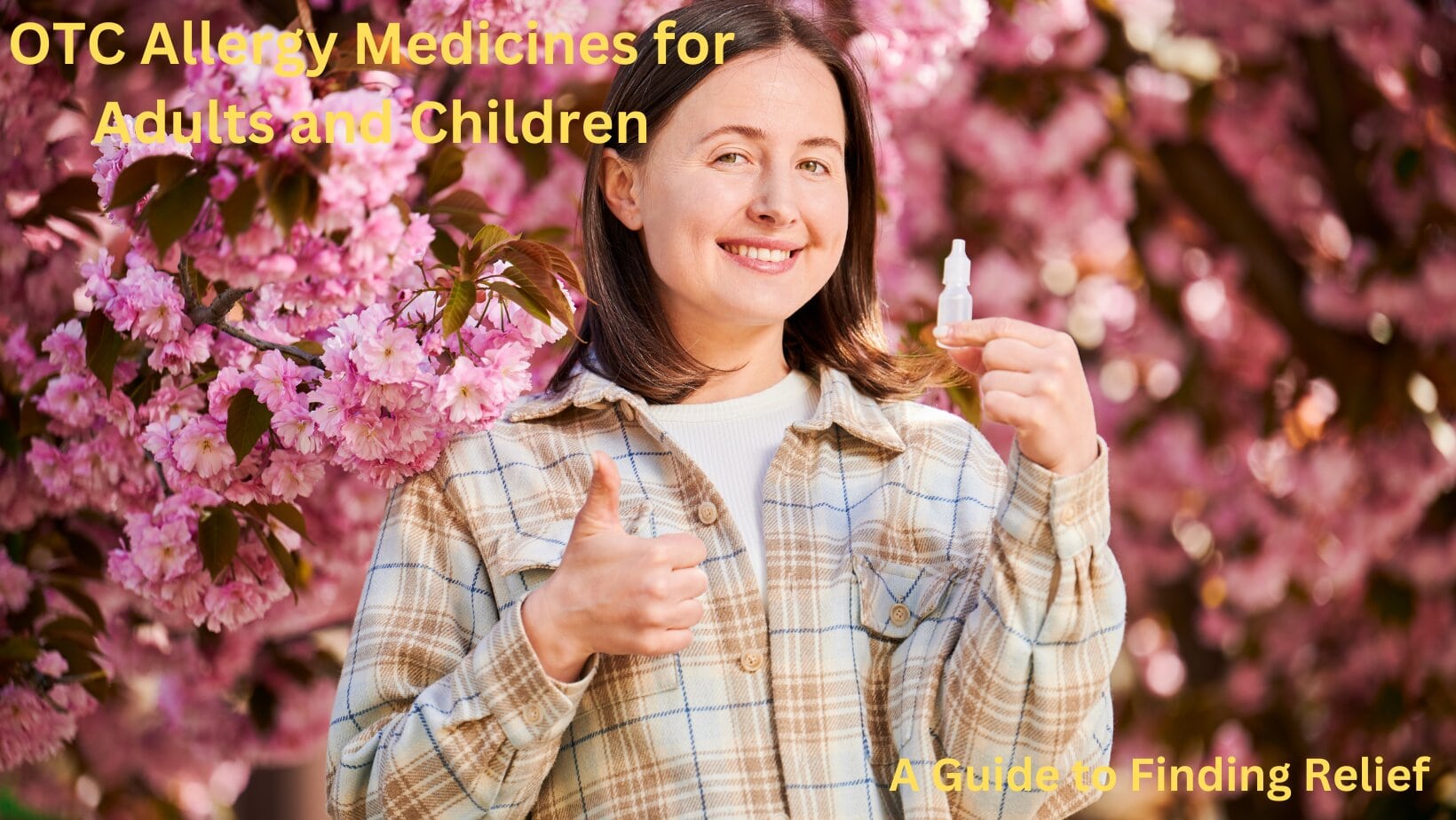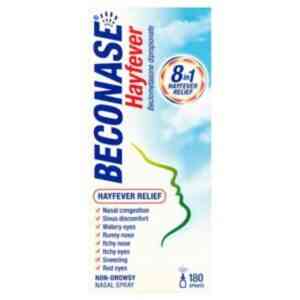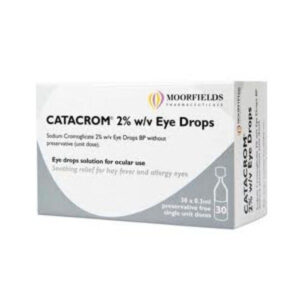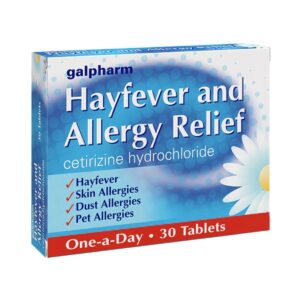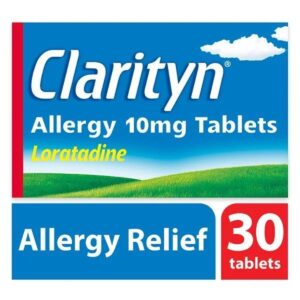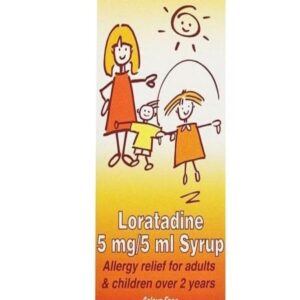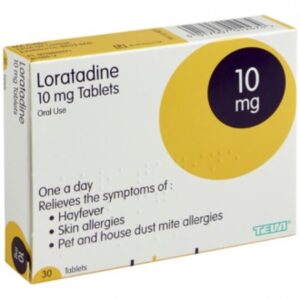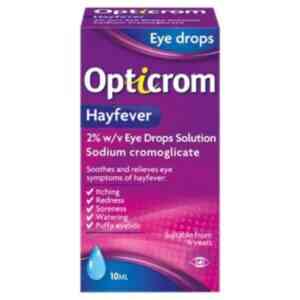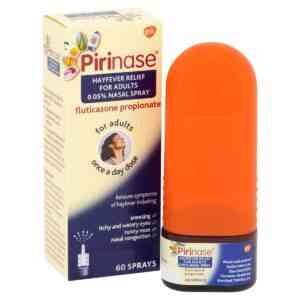OTC Allergy Medicines for Adults and Children: A Guide to Finding Relief
Allergies can be a real nuisance, impacting your daily life and the well-being of your loved ones. Whether it’s seasonal allergies brought on by pollen and mold or year-round irritants like dust and pet dander, finding the right over-the-counter (OTC) allergy medication (antihistamines) is essential for managing symptoms and improving quality of life. This guide will walk you through some of the most effective OTC allergy medicines available for both adults and children, helping you choose the right one for your needs.
Understanding Allergies and Their Symptoms
Before diving into the various medications, it’s crucial to understand what allergies are and the common symptoms they can cause. Allergies occur when your immune system reacts to a foreign substance — such as pollen, bee venom, pet dander, or a particular food — that doesn’t cause a reaction in most people. Common allergy symptoms include:
- Sneezing
- Itchy, watery eyes
- Runny or stuffy nose
- Itchy throat or ear canals
- Ear congestion
- Postnasal drip
- Less commonly, hives or skin rashes
Choosing the Right Allergy Medicine
When selecting an allergy medicine, consider the specific symptoms you or your child are experiencing. Here are some of the most common types of OTC allergy medications:
1. Antihistamines
Antihistamines are the most widely used allergy medications and work by blocking histamine, a substance in the body that triggers allergy symptoms. They’re particularly effective at relieving itching, sneezing, and runny nose. Popular OTC antihistamines include:
- Loratadine (Claritin): Non-drowsy and long-lasting, suitable for adults and children over two years old.
- Cetirizine (Zirtek): Slightly more sedating than loratadine, effective for adults and children six months and older.
- Acrivastine (Benadryl): Known for its quick action but can cause drowsiness; suitable for adults and children over six years old.
- Chlorpheniramine (Piriton) : Fast relief from the symptoms of hayfever and other allergies; suitable for adults and children over six years old.
- Fexofenadine (Treathay, Allevia ): Non-Drowsy Antihistamine, Suitable for Adults and Children over 12 years
2. Decongestants
Decongestants help relieve nasal stuffiness by narrowing blood vessels and reducing swelling in the nasal passage. Examples include:
- Pseudoephedrine (Sudafed): Available behind the pharmacy counter; effective but may cause jitteriness or increased heart rate.
- Phenylephrine (Sudafed Max): Less effective than pseudoephedrine but available over the counter.
3. Nasal Sprays
Nasal corticosteroids are among the most effective medications for treating allergic rhinitis. They reduce inflammation and treat all major symptoms, including nasal congestion. Common choices include:
- Fluticasone (Pirinase): Non-drowsy, suitable for adults and children over four years old.
-
Mometasone (Clarinaze): Also non-drowsy, for adults.
- Beclometasone (Beconase): 8 in 1 hayfever relief
4. Eye Drops
For those suffering from itchy and watery eyes, OTC eye drops can offer quick relief. Examples include:
- Ketotifen (Zaditen): Suitable for adults and children three years old and up, providing relief from itchy eyes.
- Naphazoline (Clear Eyes): Reduces redness and provides temporary relief from eye irritations.
- Sodium cromoglicate (Optrex, Opticrom, Catacrom, Murine); provides real relief and treatment for the eye symptoms of hayfever
Safety and Considerations
While OTC allergy medications are generally safe, they can have side effects and may interact with other medications. Always read the label and follow the recommended dosage. For children, it’s especially important to use products specifically formulated for their age group to avoid potential overdose and side effects.
Lifestyle and Home Remedies
Alongside medication, managing your environment can also help alleviate allergy symptoms:
- Keep windows closed during high pollen seasons.
- Use air purifiers to reduce indoor allergens.
- Regularly wash bedding in hot water to kill dust mites.
- Keep pets out of the bedroom to reduce pet dander.
Conclusion
Allergies don’t have to control your life or that of your children. With the right OTC allergy medicine and some simple lifestyle adjustments, you can manage symptoms and enjoy your daily activities. If you’re unsure which medication is right for you, consult with a healthcare provider to find the best solution based on your specific symptoms and health profile. Remember, relief is within reach!
 +44 (0) 1375 846 316
+44 (0) 1375 846 316.png)
